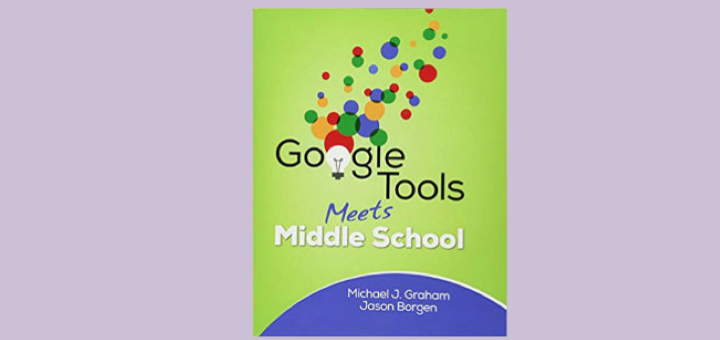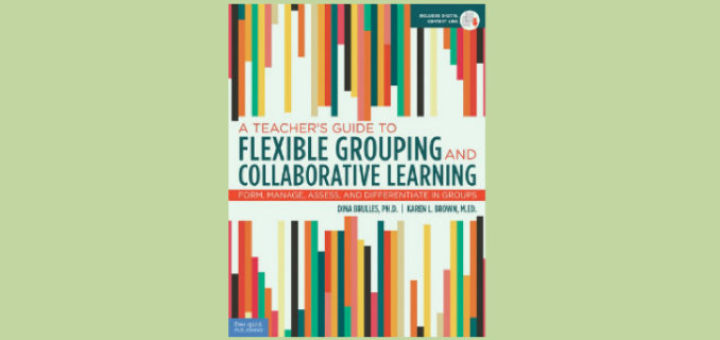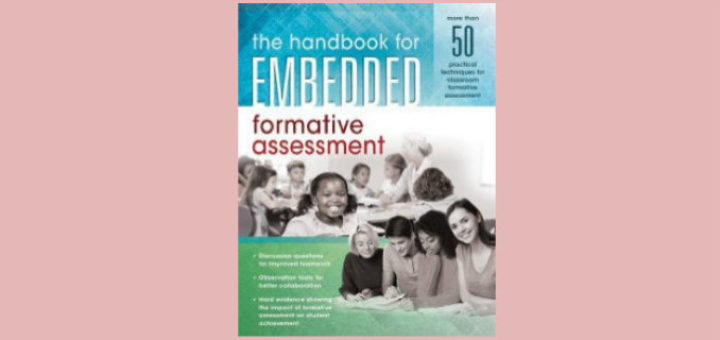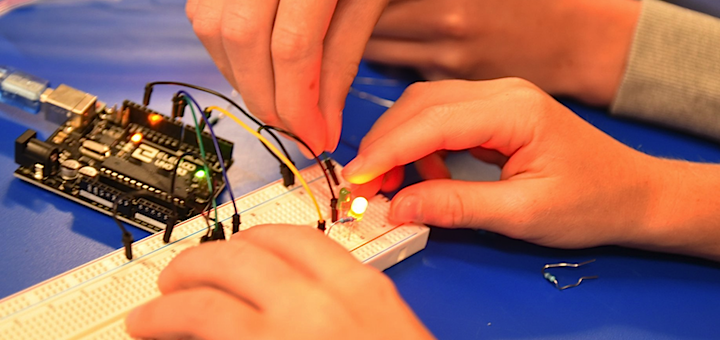Teaching and learning in grades 4-8
Collaboration doesn’t always come naturally (or calmly) for middle level students. Teacher Michael McClenaghan shares his success with three edtech tools (Soundtrap, WeVideo and the free G Suite) in facilitating meaningful teamwork and higher levels of student engagement.
As a strong believer in teacher as learner, Rita Platt returns to some books again and again – books that continue to guide her work though she may have first read them 20 years ago. With the new school year underway, she shares her 10 most impactful education books.
STEM curriculum expert Anne Jolly shares her enthusiasm for the free teaching resources available through the PBS platform Design Squad Global. Jolly highlights the engineering-oriented lessons and DSG’s new Global Clubs that involve kids in Inventing for a Sustainable Future.
Current events add immediacy to history class, but with crowded curricula and the challenges of the political climate, Sarah Cooper is fine-tuning the news discussions in her 8th grade classes. She shares several stories and explains what makes them right for fall 2018.
In their newly updated book Michael J. Graham and Jason Borgen have a lot to offer, not just about using Google Tools, but also about integrating technology into the classroom in innovative and thoughtful ways, says teacher and middle school coordinator Jeny Randall.
Dina Brulles and Karen L. Brown help teachers think through the challenges of grouping and offer resources to develop effective groups and differentiate as needed for specific purposes. Teacher Kathleen Palmieri finds the author’s guidance on behavior particularly helpful.
This guide is a great tool for any educator, school district, or higher education institution, writes Dr. Charice Hayes. The book involves the reader in defining effective ongoing assessment and includes tools to observe how other colleagues use formative assessment.
Media literacy expert Frank Baker participated in an August conference to introduce educators to a major new curriculum from Martin Scorsese’s Film Foundation – “Portraits of America: Democracy on Film” – which will be available free to educators. Here’s his report.
Grading student writing in the traditional manner takes too much time and yields too little learning. Literacy consultant Sarah Tantillo offers three better ways to give students effective feedback – with all the tips and how-to teachers need to make the switch. Act now. Save your weekends.
Museum educator Christa Flores shares a summer STEM partnership that introduced middle schoolers to programmable microprocessors that can perform a variety of lab-oriented tasks. Flores, a former MS teacher, says it’s time to include computer skills in science classrooms.






































